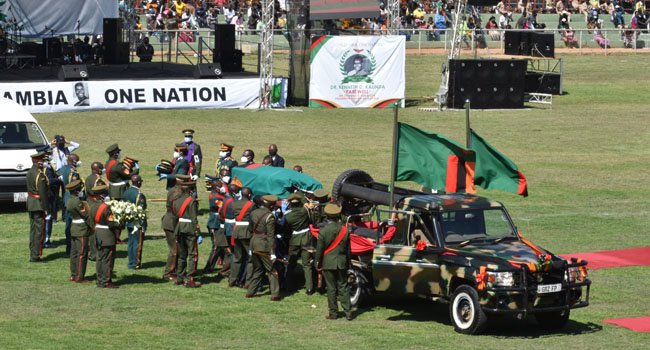Beijing authorities who shut down a Christian church after its pastor criticised new curbs on religion have now ordered it to pay 1.2 million yuan ($170,000) in back rent and removal costs.
The Zion Church had been one of China’s biggest unofficial Protestant churches until it was suddenly shut down earlier this month amid greater pressure on religion in the country.
In a list of expenses seen by AFP, the Beijing municipal authority said Jianweitang — the holding company of Zion Church — owes them some 800,000 yuan in back rent.
Other items include: 148,000 yuan for overstaying; 114,000 yuan in moving fees, which included 66 vehicles, 18 people and an additional fee to move six pianos; 8,000 yuan in packing fees; 90,000 yuan for three months of storage; 3,600 yuan for two days of video recording; and 55,000 yuan in overtime pay for 55 “property workers”.
Zion’s founding pastor Jin Mingri confirmed they had been served the notice but said it was “impossible” for them to pay up.
“Not only did they not negotiate with us before moving our things, but there’s also no reason in asking us to pay this exorbitant moving cost,” Jin told AFP on Wednesday.
“We cannot swallow this!”
Zion, housed on the third floor of a nondescript commercial building in a northern suburb, had up to 1,600 people attending its services each weekend.
But on September 9 some 70 officers stormed into Zion’s premises and ordered everyone out, tearing down signs and the church’s logo.
The local civil affairs bureau said the church was unregistered and its activities were unauthorised.
The building was subsequently kept under heavy security and those without business in the area were barred from entering the compound.
The church’s troubles started in February this year as tighter regulations on religious groups kicked in — the authorities had asked for CCTV cameras to be installed in the church but Jin refused.
Jin was also among some 200 pastors from underground churches who put their names to a petition complaining of “assault and obstruction” by the government — including the tearing down of crosses — since the regulations came into effect.
China’s top leaders have recently called for the “Sinicisation” of religious practice — bringing it in line with “traditional” Chinese values and culture. The call has sparked concern among rights groups.
Christians in the country are split between unofficial “house” or “underground” churches like Zion and state-sanctioned churches where Communist Party songs also feature in the order of service.
The church controversy comes as Beijing and the Vatican signed a historic accord allowing the Pope to have the final say in naming bishops in the country.
China’s 12 million Catholics are divided between a government-run association whose clergy are chosen by the Communist Party and an “underground” church loyal to the Vatican.
AFP



